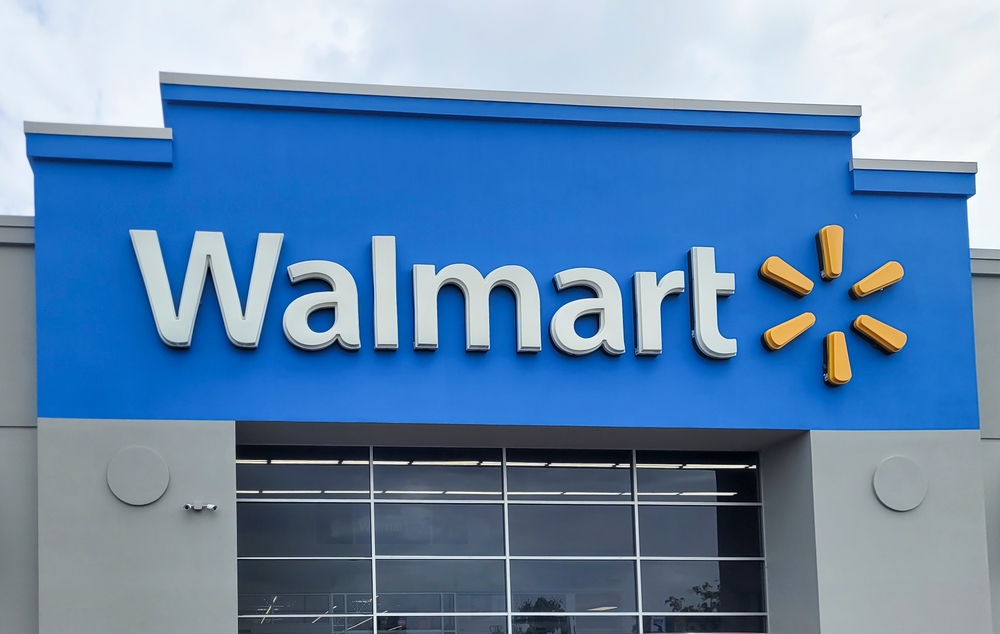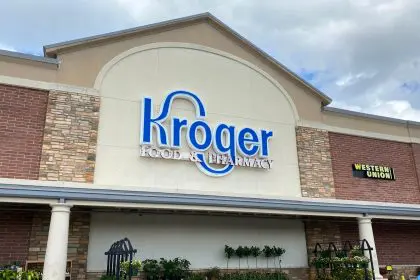The Consumer Financial Protection Bureau, or CFPB, has launched legal action against retail giant Walmart and tech company Branch Messenger over allegations of forcing delivery drivers into restrictive payment arrangements that cost workers millions in fees.
Breaking down the money game
Since 2021, approximately one million drivers working through Walmart’s Spark delivery program have allegedly faced a stark choice: accept a specific payment method or risk losing their income source entirely. The CFPB investigation revealed that drivers were required to use Branch Messenger’s deposit accounts to receive their earnings, regardless of their preferred banking arrangements.
For independent contractors navigating the modern delivery landscape, this mandate created unnecessary financial barriers. Many drivers discovered hidden fees and complicated processes when attempting to move their hard-earned money to personal accounts. The total cost to workers exceeded $10 million in unexpected charges.
When the system works against you
The investigation uncovered a troubling pattern of systemic issues affecting drivers’ ability to manage their finances effectively. Rather than providing flexible payment options that respected workers’ financial autonomy, the companies allegedly created a closed system that benefited corporate interests at the expense of driver independence.
Many drivers found themselves trapped in a financial maze, dealing with delayed access to their earnings and facing additional charges when attempting to transfer funds to their primary bank accounts. This situation particularly affected those who relied on consistent cash flow to manage household expenses and business costs.
Fighting back against financial constraints
The CFPB’s legal action represents a significant push against corporate practices that limit worker financial freedom. The bureau’s investigation suggests that both companies misled drivers about their payment options while creating artificial barriers to accessing earnings.
Both Walmart and Branch Messenger have contested these allegations. Walmart claims the lawsuit contains factual errors and argues it wasn’t given adequate opportunity to present its case. Branch Messenger maintains their services provide benefits to drivers, including quick access to earnings.
A turning point for independent contractors
This case highlights broader concerns about financial autonomy in the modern workforce. As more professionals turn to independent contracting for primary or supplemental income, the importance of fair payment practices becomes increasingly critical.
The CFPB’s increased scrutiny of gig economy payment practices suggests a shifting landscape. Earlier this year, the bureau took similar action against other financial service providers for alleged deceptive practices, indicating a broader effort to protect worker interests.
The outcome of this lawsuit could significantly impact how companies structure payment systems for independent contractors, potentially leading to more transparent and equitable practices across the industry. For workers who value financial independence and fair treatment, this case represents a crucial battle in the ongoing fight for workplace equity.
















